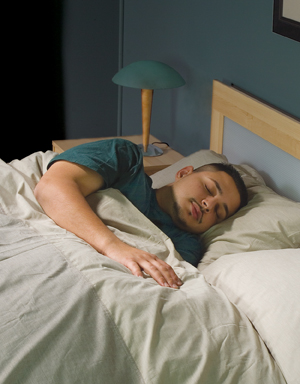You can do many things to help control your seizures. First follow your treatment plan. If your healthcare provider has prescribed medicines, take them as directed. Keep your appointments with your primary care nurse, healthcare provider, or neurologist. Also take the following steps.
Track and stay away from triggers
Triggers are things that seem to cause (provoke) seizures. Keep track of your triggers and try to prevent them or stay away from them. Here are two common triggers and ways to cope with them:
-
Too little sleep. Get enough sleep. If you have trouble sleeping, talk with your healthcare provider.
-
Alcohol and drugs. Don’t drink alcohol. Never take any illegal drugs. If you do have substance abuse issues, talk with your healthcare provider about the safest way to become free of alcohol and drugs.
Keep a healthy lifestyle
A healthy lifestyle can help you feel good and cope better with seizures. .
-
Exercise often. Frequent exercise can help keep you healthy. Try to exercise for
30 minutes most days of the week. Yoga is a good choice. Check with your healthcare provider to see if any activities are not advised because of seizures. Some activities such as swimming alone can be dangerous. -
Eat well and regularly. Good nutrition can give you energy and make you feel better. Eat lots of fruits, vegetables, and whole grains. Don't skip meals, because seizures are more likely if you have low blood sugar.
-
Control stress. Keeping stress levels low can help you cope better . To manage stress, try an exercise program.
-
Manage illness. Get correct treatment when you’re sick. Check with your healthcare provider and pharmacist about the risk of seizures with medicines you take for illnesses. If your provider has prescribed antiseizure medicines, take them even when you’re ill.


